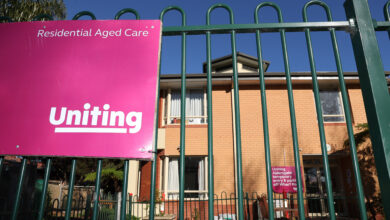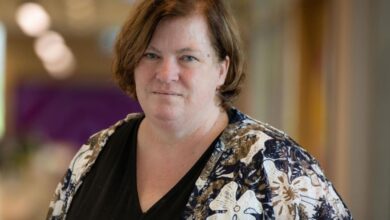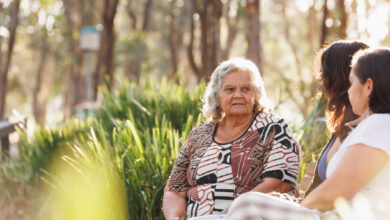Take a holiday to keep dementia at bay

Can going on a holiday treat dementia?
A team of researchers from Edith Cowan University believe 'travel therapy' could be the future of treatment for people living with dementia.
To integrate this into our healthcare system, lead researcher Dr Jun Wen and his team developed a framework that unites tourism experiences with dementia treatment.
"This research is among the first to conceptually discuss how these tourism experiences could potentially work as dementia interventions," Wen says.
"Medical experts can already recommend dementia treatments such as music therapy, exercise, cognitive stimulation, reminiscence therapy, sensory stimulation and adaptations to a patient's mealtimes and environment.
"These are all also often found when on holidays."
There's an urgent need to look for alternative therapies to treat dementia as no substantial drug has been discovered yet, Wen says.
Aside from the cognitive benefits for those living with the disease, alternative treatment could also help relieve the financial burden of dementia on the healthcare system.
Currently, dementia is costing Australia over $15 billion annually, and the number is expected to rise to $26.6 billion over the next 20 years.
"Ageing and dementia are significant global concerns," Wen says.
"Meanwhile, health care systems are becoming increasingly complex and may hinder access and care for people with dementia and their families."
He also raises questions about whether the routine-based environment of aged care homes is exacerbating the cognitive decline of people living with dementia.
Research has already shown travel's positive psychological benefits simply by exploring different environments.
"Everything that comes together to represent a holistic tourism experience makes it easy to see how patients with dementia may benefit from tourism as an intervention," he explains.
"For example, exercise has been linked to mental wellbeing, and travelling often involves enhanced physical activity, such as more walking.
"Mealtimes are also often different on holiday: they're usually more social affairs with multiple people, and family-style meals have been found to influence dementia patients' eating behaviour positively.
"Then there are the basics like fresh air and sunshine increasing vitamin D and serotonin levels."
While the pandemic has put travel on hold over the past two years, Australians are now lining up at the airport to enjoy an exotic experience.
One thing is clear to Wen's team: the value of tourism extends beyond lifestyle and economic factors.
"Tourism has been found to boost physical and psychological wellbeing," Wen says.
"So, after COVID, it's a good time to identify tourism's place in public health and that it's not just for healthy tourists, but also vulnerable groups."
To truly achieve the team's dream – for doctors to prescribe a holiday to those living with dementia – a change in our health care system is needed.
Wen says we need to try something new in bridging tourism and health science.
"There will have to be more empirical research and evidence to see if tourism can become one of the medical interventions for different diseases like dementia or depression.
"So, tourism is not just about travelling and having fun; we need to rethink the role tourism plays in modern society."
Co-researcher Dr Wei Wang suggests creating holiday destinations that have dementia-friendly environments.
"It will have to be a teamwork between the government, the community and the private and public sectors for this to happen," Wang says, "a collaboration between services, travel destinations and agencies, restaurants to take on a patient as their customer".
Although this world-first study shows potential, actual dementia-friendly environments are, for now, a dream of the future.
The team emphasises their research's clear benefits for Australia's economic system and healthcare.
"For the government, this would reduce the disease burden and benefit society and, of course, the patients themselves.
"Hopefully, in the future, this will lead to travel therapy for people living with dementia."
Email: [email protected]





